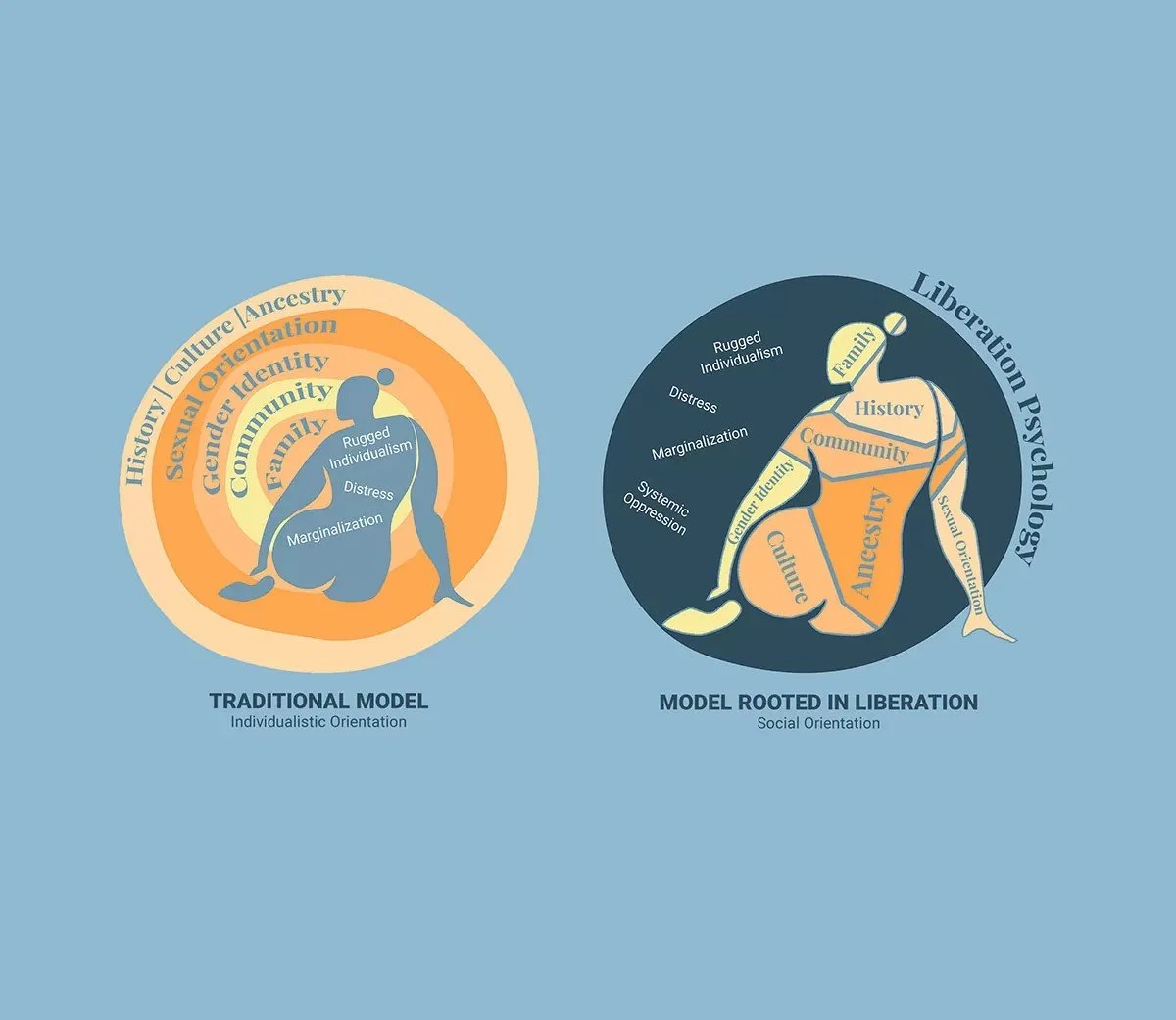
About
What to Expect During Therapy
I view psychotherapy as a collaborative process in which we will work together to identify problems, set treatment goals, and work together to achieve those goals. In the first one to two sessions, your reasons for seeking treatment and concerns will be discussed, and I will gather information from you about your personal history and current life situation. I may also request that you complete psychological assessment inventories to further assist in identifying concerns, making diagnoses, and formulating treatment goals.
As therapy begins, I am likely to suggest readings or other activities for you to engage in outside of session, which I believe will increase the likelihood of a successful outcome for you. As treatment continues, your progress will be periodically assessed and modifications will be made to your treatment as needed.
Please know that I value the suggestions you may have to make our work together more beneficial for you. YOU are the expert of you! I will use my experience, education, and training to work with you to achieve your identified goals.
Liberation Psychotherapy
Psychologist and Jesuit priest Ignacio Martín–Baró developed Liberation Psychology to examine how oppressive systems impact individuals and communities. Liberation Psychology challenges the idea that psychopathology is a purely individualistic fault, and instead things like anxiety, depression, PTSD, psychosis, etc. exist within the framework of and as a response to oppressive systems outside of the oppressed’s control. Liberation Psychology seeks to cultivate critical awareness of these oppressive frameworks in which we exist, recontextualize “psychopathology” in the framework of social and societal relations, and de-emphasize the role of the individual to instead re-focus on the role of the pathology of the sociopolitical.
In other words, we as individuals are not isolated, intrapsychic processes; we are conditioned due to our environments, our societies, and our cultures. Our societies, institutions, and cultures have been shaped on oppressive, hierarchical , discriminatory ideologies that promote inequity. Systems of oppression, like systemic racism, sexism, ageism, ableism, heterosexism, transmisia, and classism, have been woven into the foundations of United States law, culture, and culture.
By refocusing pathology from the individual to the societal, we can use psychotherapy as a tool to empower clients and create transformative action to shift the oppressive systems within our society. I believe that my role as a psychotherapist is to recognize power imbalances in relationships (including the therapeutic relationship) and in society, to teach clients the skills to critically examine their circumstances, to identify and investigate the causes of their oppression, and to discover new ways of responding and acting.
Liberation psychology does not mean we are not responsible for our own healing. It simply acknowledges that the systems in which we live are fundamentally discriminatory and oppressive, and we must navigate ways to find meaningful action to empower ourselves and one another to create the changes and communities we need.



